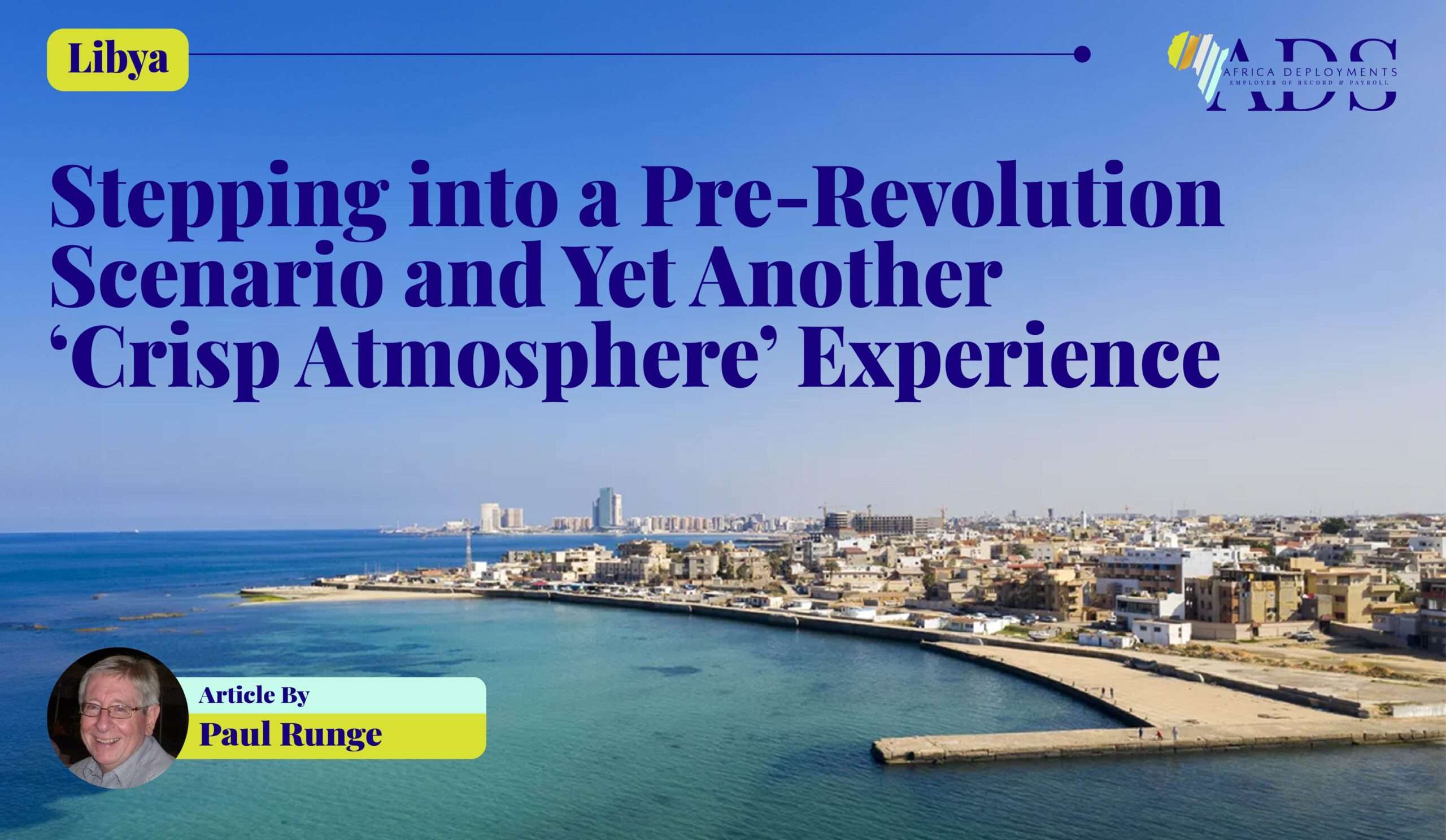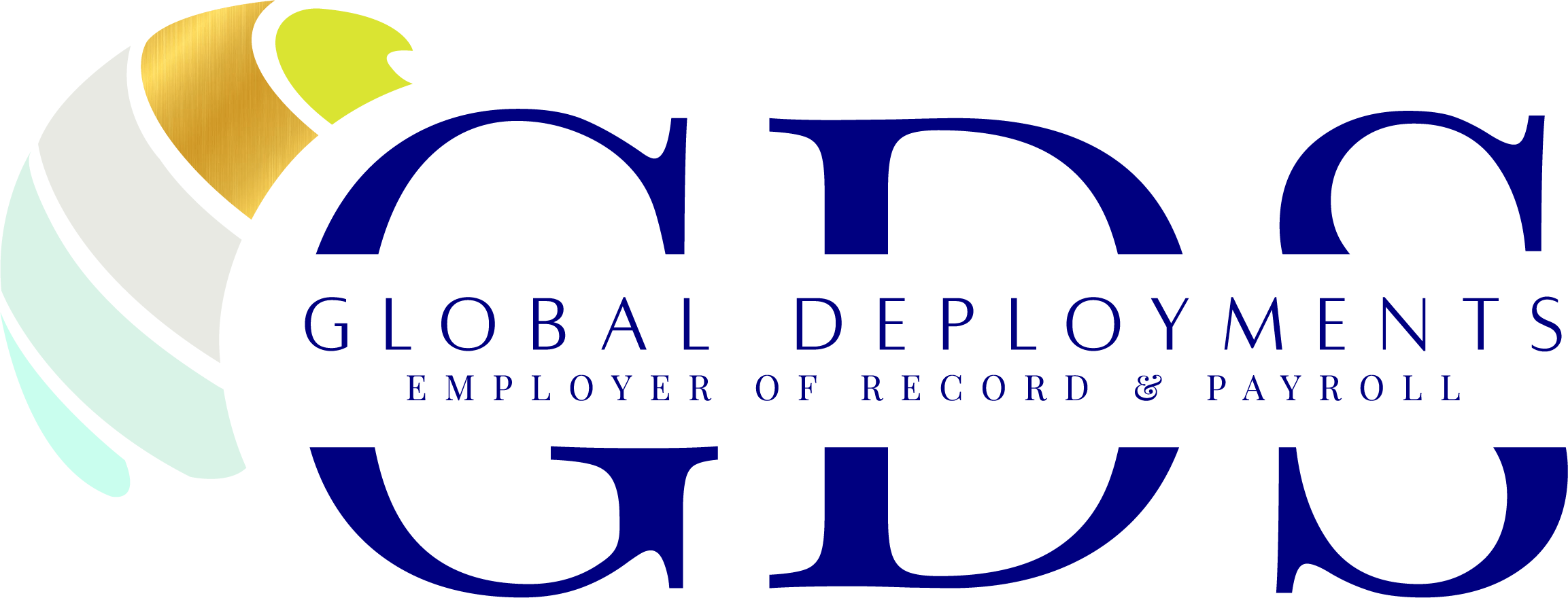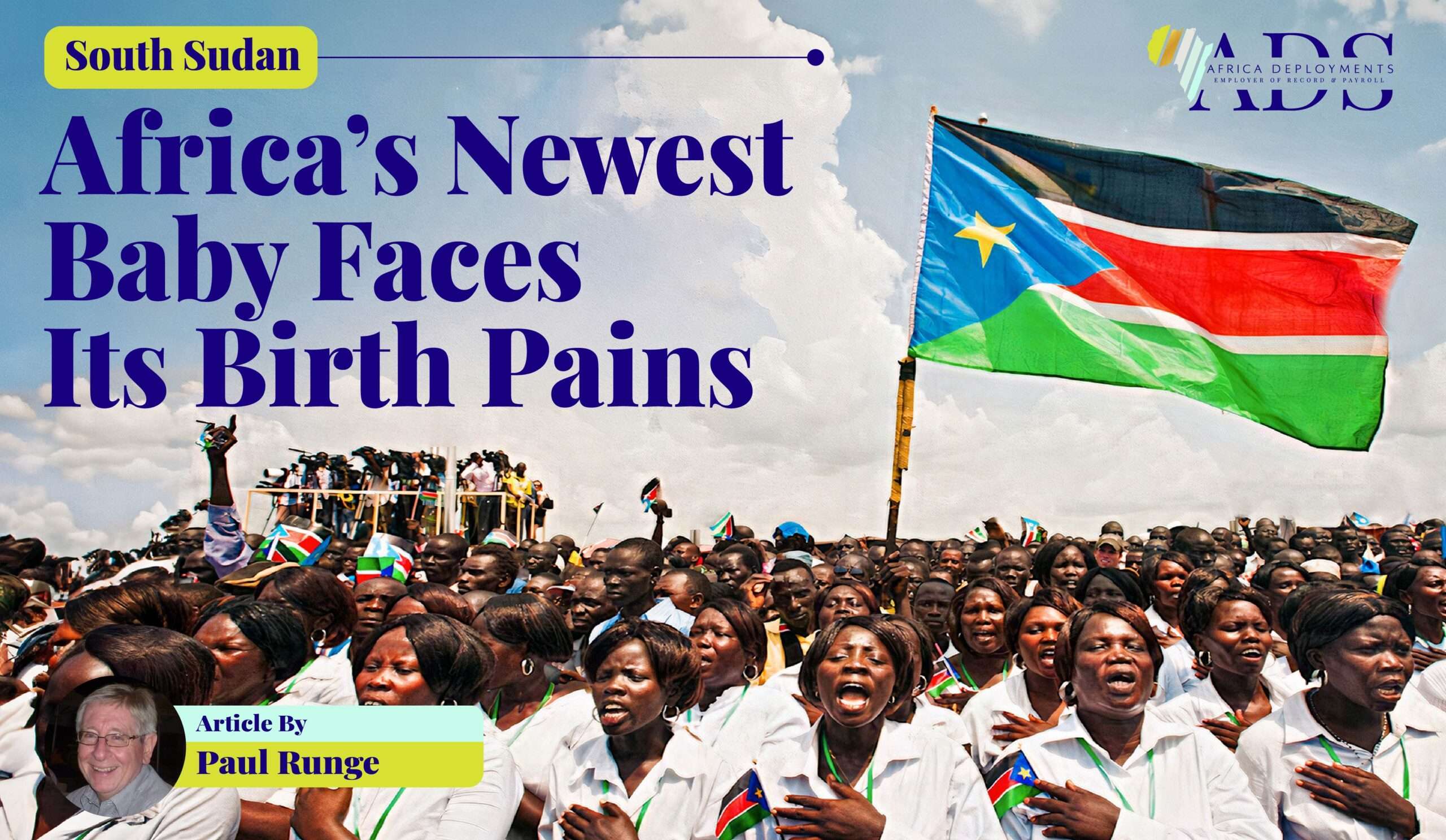
Libya: Stepping into a Pre-Revolution Scenario and Yet Another ‘Crisp Atmosphere’ Experience
My mission to Libya and a nervous arrival...
It was December 2010 when I took an Egyptair flight from Johannesburg to Cairo and then another Egyptair flight onwards to Tripoli, the capital of Libya. I had been invited to speak at a conference, but my main reason for accepting the invitation was to meet with the Libya Arab Africa Investment Corporation or LAAICO. I had heard that this state-owned finance agency was funding some major projects in sub-Saharan Africa. But I found substantial information on the organisation difficult to obtain and there was a general air of mystery about it – specially as it belonged to the controversial ‘Brother Leader’ of Libya, Muammar Gaddafi, dubbed by some analysts as the ‘Mad Dog of the Middle East’ for his global exploits and association with events such as the Lockerbie air disaster. I was sure that my clients would be interested in knowing more about LAAICO and this intriguing country.
Getting through Tripoli airport was not easy. I was part of a group of passengers who had to wait over two hours to have our documents checked. There were no seats in the narrow passageway to which we were assigned, and so, we soon ended up sitting in a row on the floor. From where I was sitting, I could see into an office where uniformed officials had stacked our passports and documents in precarious piles on a large wooden desk. One pile tipped over leaving passports scattered on the floor. The immigration officers seemed in no hurry to pick them up.
The wait was a little unsettling and questions were going through my head. Was there a stamp in my very full passport revealing that I had visited a ‘hostile’ country? Had I left any semblance of alcohol in my luggage that would cause me trouble once I reached customs?
Then a portly officer in an over-sized cap called out a name which I faintly recognised as mine and I was through at long last. Whew!

Impressions of a first-world country
My appointed driver, Mahmoud, was waiting for me in the arrivals hall. He greeted me in poor English and I surmised that we would have a communication problem. However, while we were in the car heading towards my hotel, he revealed that he had spent some years working in Germany. That fixed the problem. For the rest of my visit, we conversed very easily in German.
The route from the airport to the five-star Corinthia Bab Hotel took us down palm-decorated, neat and wide streets and then down to the calm Mediterranean and along the seafront dotted with new high-rise office blocks and luxury hotels with glass fronts sparkling in the early afternoon sun. My pre-visit research had told me that Libya with its vast oil and gas reserves, had one of the highest GDP per capita levels in all Africa. So I asked my new German-speaking Libyan friend whether he was happy living in such a rich country? His reply surprised me. “Yes, we are rich. Our needs are covered. We have enough to eat. We have cars and nice clothes. My kids go to good schools.” Then he sighs, “But we’re not happy. We don’t have enough freedom!”

So much history and so much coffee
The friendly receptionist at the hotel tells me that I must hand over my passport to him and that it should be returned by the authorities later in the day.
Mahmoud takes me on a whirlwind tour of Tripoli. We start with a visit to the Roman ruins. The Romans dominated Libya for over five hundred years and even established it as a special province and entry point into the African continent. They built palaces and amphitheatres and Mahmoud and I spend an hour strolling through the stunted and fractured remains of pillars, steps and arches.
Next stop is the commercial area of the old city or Medina. We have to stop at the walled entrance because Mahmoud says that he urgently needed a cup of coffee, (his third for the day.) As we walk through the narrow cobbled roads, I am surprised at the lack of badgering from the sellers. In all the medinas I have visited, I have always had to contend with continuous pestering from vendors. Perhaps Triploi is less used to tourists?
Mahmoud insists on another cup of coffee before leaving the medina. I recall a travel advisory that stated “Libyans drink vast amounts of coffee although less during the fasting month of Ramadan.”
We head back into the city. Italy once colonised Libya and the historic Italian connection is evident in the ornate arches and columns and fountains in the wide cobble stone squares. There are also modern high-rise buildings, some of which are ordained with massive pictures of the Brother Leader staring meaningfully through wisps of cloud. I enter a small shop selling touristy memorabilia where I quickly find what I am looking for – a wrist watch with Gaddafi’s face. I examine it but don’t buy.
Mahmoud needs one more cup of coffee before we drive back to the hotel.
The hotel receptionist apologises and informs me that my passport has not been returned yet. But he’s certain it will be back tomorrow.

A conference abruptly halted
The conference and exhibition was very conveniently taking place in my hotel. I arrived early and spent time chatting with company representatives manning the stands. It was gratifying to meet a few South African exhibitors including a construction company and a consulting engineering firm. They explained that Libya was a new market for them, that payments were slow and that they were looking forward to the flow of new projects announced for 2011.
I had carefully prepared my talk which would include an analysis on South African trade with North African markets. But mid-morning, a somewhat nervous lady representative of the UK-based conference company called me aside to whisper that instructions had been received “from very high up” to drop the conference. Only stand-holders would be allowed to speak for not more than fifteen minutes each. I had earned myself a free trip to Libya!
A short meeting with little information…
I was now free to ask Mahmoud to take me to the offices of LAAICO. The official who I met was friendly and expressed special interest in speaking to someone from South Africa. I commenced with my pre-prepared list of questions – criteria for funding, preferred sectors etc. But he stopped me in my tracks with a friendly but firm response that he could not answer my questions and that in any case, all the information could be obtained from the organisation’s website. I left virtually empty-handed.
So, no speech and no LAAICO intel. Not a very successful business mission. On my return to the hotel, the smiling receptionist proudly handed me my passport and apologised for any inconvenience caused.

Libya today and a familiar ‘crispness’
My visit to Tripoli took place just a few weeks before the start of the revolt against the Gadaffi regime. I made enquiries concerning the South African and other contacts I had made and how they had fared following the uprising. There were stories of scrambles onto special flights, crossings into Tunisia in hired trucks and holing up in offices and homes until a chance to escape arose.
The uprising and revolt did considerable economic and social harm to Libya. Two governments eventually developed, based on rival tribal identities, interest and loyalties. An interim Government of National Unity is trying to unite the factions and ensure continuation of the ceasefire.
During my Africa travels, I have experienced some tense moments in Côte d’Ivoire, DR Congo and elsewhere. I have learnt that major turmoil is preceded by a palpable build-up of tension. Suddenly shops close, roads are blocked and getting to the airport becomes a challenge. But shortly before that, I detect a certain ‘crispness’ in the atmosphere which is difficult to describe but hints strongly of troubled times to come.



Leave a Reply